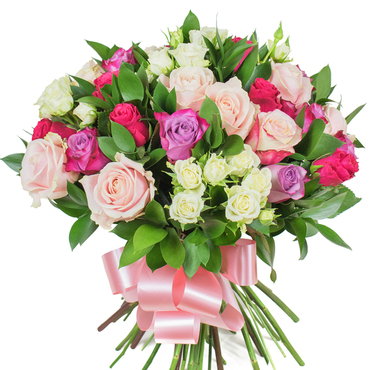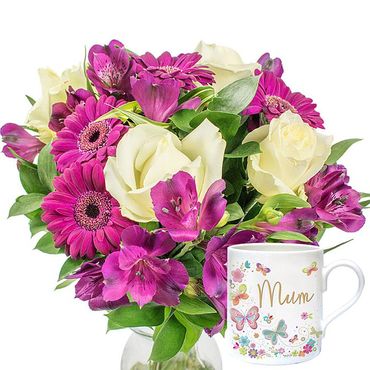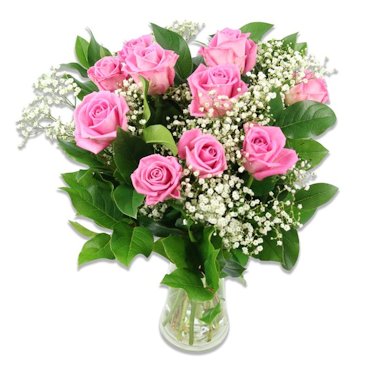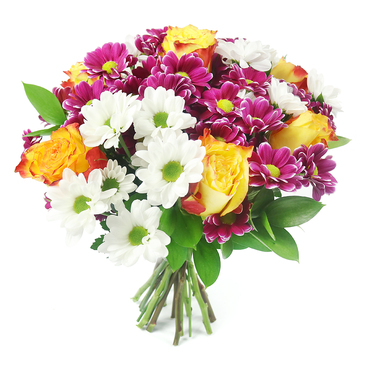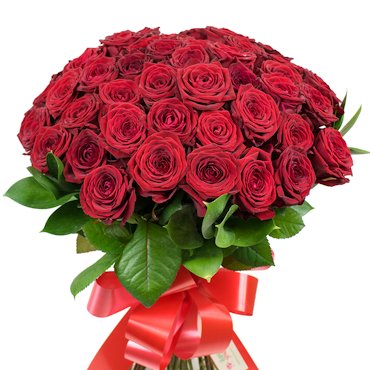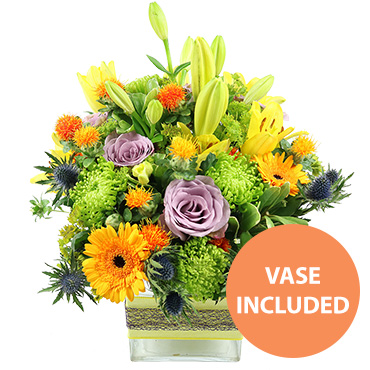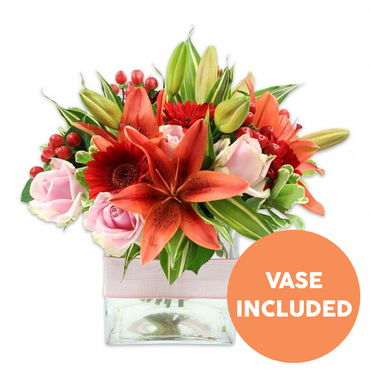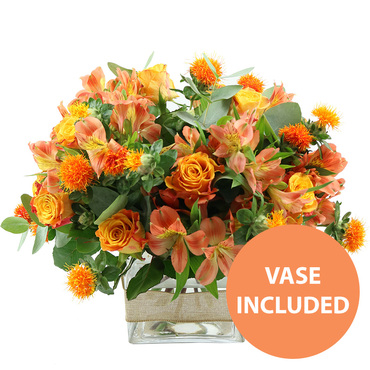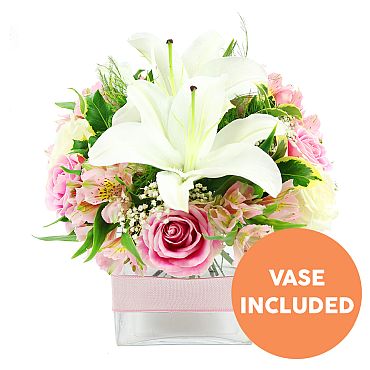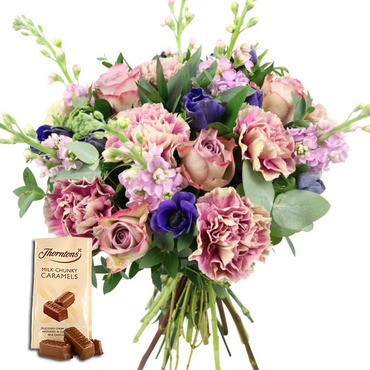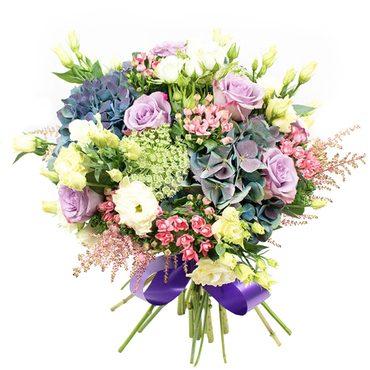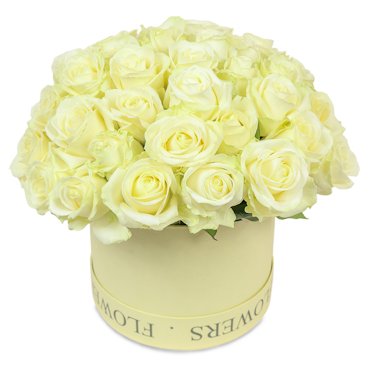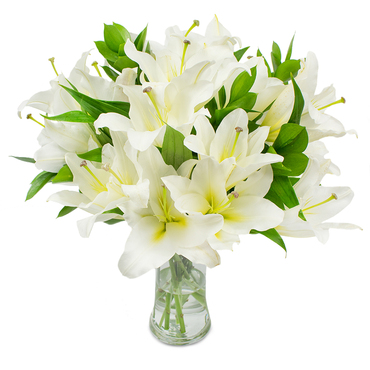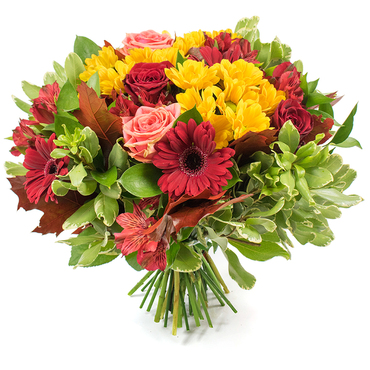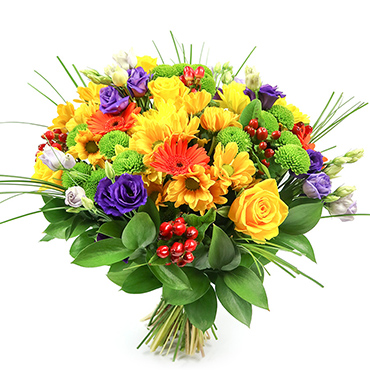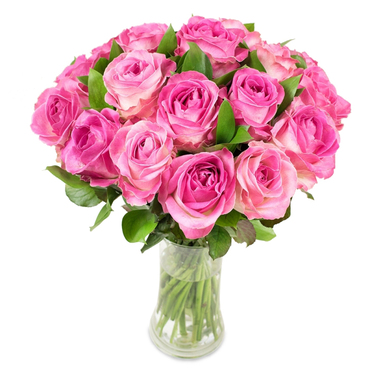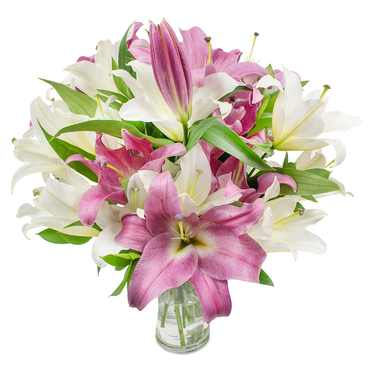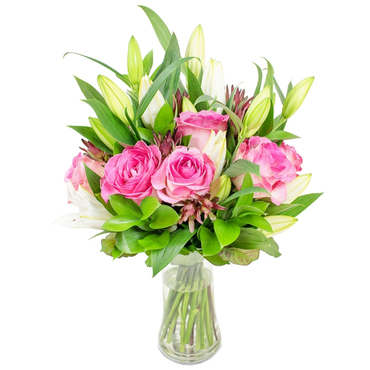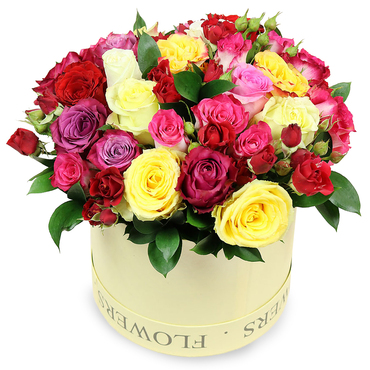Flowers: A Natural Boost for Your Mood and Well-Being
Posted on 17/04/2025
From time immemorial, flowers have held a special place in human culture and happiness. Their vibrant colors, intricate patterns, and enchanting fragrances have made them symbols of everything from love and sympathy to celebration and remembrance. But beyond their aesthetic appeal, flowers can significantly impact our mood and well-being. This article explores how flowers can serve as a natural mood booster and what science has to say about their benefits.
The Science Behind Flower Power
While it may seem intuitive that flowers make us feel good, there's actual science to back this up. Research led by Dr. Jeannette Haviland-Jones at Rutgers University found that flowers have an immediate impact on happiness and long-term positive effects on mood. The study revealed that flowers trigger happy emotions and, in some cases, even improve social behaviors.
Another study published in the "Journal of Physiological Anthropology" investigated the influence of flowers on stress reduction. The presence of flowers in the environment was shown to significantly lower stress levels, reduce anxiety, and promote a sense of relaxation, further corroborating their mood-enhancing properties.

The Psychological Benefits of Flowers
Flowers have been shown to offer a wide range of psychological benefits, making them much more than just decorative items. Here are some key ways flowers can enrich your mental health:
- Improved Emotional State: The vibrant colors and natural beauty of flowers trigger dopamine release, the brain's feel-good neurotransmitter. This can lead to an instant uplift in mood.
- Reduced Stress and Anxiety: Just being in the presence of flowers can have a calming effect. The act of watering and nurturing plants has also been linked to reduced levels of cortisol, the stress hormone.
- Enhanced Creativity and Productivity: Having flowers and plants in workspaces has been shown to boost creativity and productivity. A study by the University of Exeter found that employees were 15% more productive when their workplaces included houseplants.
- Socialization Benefits: Flowers can facilitate social interactions. Their presence can make social settings feel more warm and inviting, encouraging people to engage and communicate more freely.
Flower Therapy: An Emerging Field
Flower therapy, often known as floriography, involves using flowers for their potential therapeutic benefits. Though it's still a burgeoning field, practitioners believe that specific flowers can offer particular emotional and psychological advantages:
- Roses: Often associated with love and affection, roses can evoke feelings of happiness and gratitude.
- Lavender: Known for its calming aroma, lavender can help reduce anxiety and improve sleep quality.
- Sunflowers: These flowers are believed to evoke feelings of joy and positivity due to their vibrant color and large size.
- Marigolds: Known for their rich color, marigolds can help reduce feelings of loneliness and isolation.
Flower therapy is not confined to any single tradition or practice. Instead, it's a fusion of horticulture, art, and psychology, aimed at leveraging the innate beauty and utility of flowers for emotional and psychological well-being.
The Role of Flowers in Healing Environments
Hospitals, nursing homes, and rehabilitation centers are increasingly incorporating flowers into their environments. The presence of flowers in healing environments has been linked to faster recovery rates, reduced pain perception, and an overall improvement in patient morale.
A notable example of this phenomenon is the use of "healing gardens" in various healthcare facilities. These gardens are designed to be therapeutic spaces where patients can connect with nature, experience fresh air, and encounter the soothing presence of plants and flowers. Studies have shown that patients who have access to such gardens experience less stress and require fewer pain medications compared to those who don't have such access.
Flowers in Cultural and Social Contexts
Flowers play significant roles in numerous cultural rituals and social customs. From weddings and birthdays to funerals and memorials, flowers are almost always present. Their symbolic meanings can vary widely, adding layers of significance to various life events. For instance:
- In Japan: The Cherry Blossom symbolizes the fleeting nature of life, celebrated extensively during the Cherry Blossom Festival.
- In India: Marigolds are often used in religious ceremonies and festivals, believed to bring prosperity and ward off negativity.
- In the Western World: Red roses are synonymous with romantic love, making them a staple on Valentine's Day and other romantic occasions.
These cultural contexts enrich our understanding of flowers as symbols and their impact on our mood and well-being. They don't just decorate our spaces; they carry messages, emotions, and cultural histories that deepen their importance in our lives.

Easy Ways to Incorporate Flowers into Your Daily Life
If you're convinced about the benefits of flowers and are wondering how to integrate them into your life, here are some practical tips:
- At Home: Consider keeping fresh flowers in common areas like the living room and kitchen. They not only beautify your space but can also serve as constant mood boosters.
- At Work: A small flower arrangement on your desk can help reduce stress and increase productivity. Opt for low-maintenance flowers if you're concerned about upkeep.
- In Your Garden: If you have outdoor space, creating a flower garden can be a rewarding experience. Gardening itself is a therapeutic activity, and the sight of blooming flowers can be incredibly satisfying.
- During Special Occasions: Make flowers a part of your celebrations and rituals. From birthday bouquets to wedding centerpieces, flowers can elevate any event.
Concluding Thoughts: The Transformative Power of Flowers
Flowers are nature's way of showcasing beauty, complexity, and diversity. Their impact on our emotional and psychological well-being is backed by scientific studies, making them much more than just ornamental additions to our lives. Whether it's through their aesthetic appeal, their calming presence, or their cultural significance, flowers have a profound ability to elevate our mood and enhance our overall well-being.
So, the next time you're feeling stressed or down, consider turning to the simple yet powerful presence of flowers. You might be surprised at how much they can brighten your day and soothe your soul.





